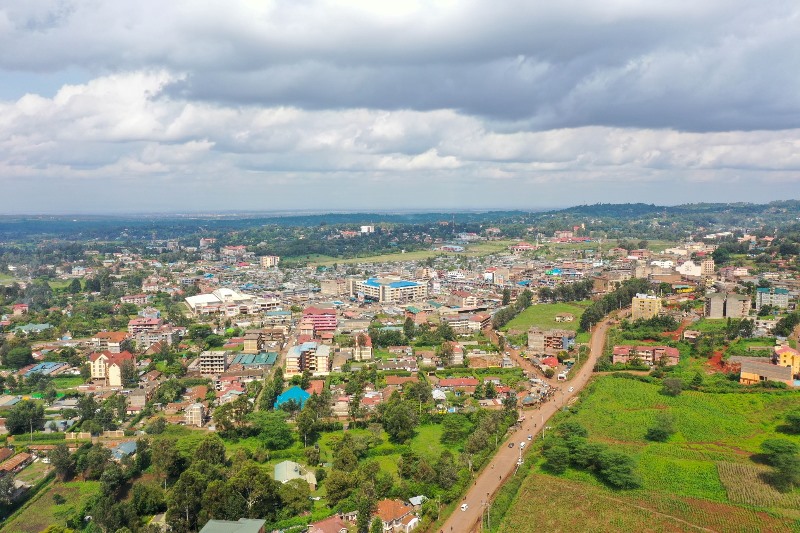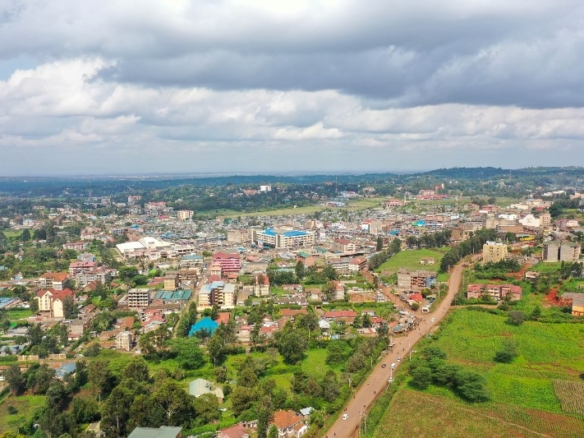When buying land or inheriting property, most people focus on the title deed and sale agreement. But there’s one crucial legal step many forget — mutation of property.
📌 What Exactly Is Mutation of Property?
Mutation refers to the process of officially updating the ownership details of a property in the local land or municipal records after a change in ownership.
It typically follows:
- Purchase of land or property
- Inheritance or succession
- Gifting of property
- Partition among family members
This process ensures that your name (as the new owner) replaces the previous one in the county government’s land revenue records or municipal property records.
✅ Why Is Mutation So Important?
Many people assume that once you have the title deed, you’re fully in control. While a title deed proves ownership, mutation ensures government recognition and practical control over the property. Here’s why it matters:
1. Legal Recognition by Authorities
Mutation makes you the legal taxpayer and recognized owner in government records. This is essential when dealing with local authorities, paying taxes, or applying for development permits.
2. Enables Payment of Land Rates and Property Taxes
Without mutation, you won’t be able to pay land rates or taxes in your name — the previous owner’s name remains in the system. This can create complications later when you try to sell or develop the land.
3. Protects Against Disputes and Fraud
When mutation is not done, the old ownership records can be exploited. Fraudsters or even the previous owner’s family could claim rights over the property. Mutation reduces this risk by making your ownership visible and verifiable.
4. Required for Future Sales
Thinking of reselling your plot someday? Mutation is a prerequisite for smooth resale or even securing financing from banks using land as collateral. Without it, buyers or banks may not proceed.
5. Essential After Inheritance
If you’ve inherited property (whether through a will or succession), mutation is how the government legally transfers that property into your name. Without it, you don’t have full legal standing.
🛠️ What Do You Need to Process Mutation?
In Kenya, the requirements may vary slightly by county, but typically include:
- A copy of the title deed
- A mutation application form (available from the lands office)
- Copy of your National ID and KRA PIN
- Sale agreement or proof of inheritance
- Land rates clearance certificate
- Valuation report (especially after a sale)
- Survey map or plot sketch (in some cases)
If you’re buying from us, We often assist or guide you through this process as part of the post-sale services — always confirm this upfront.
⏳ How Long Does It Take?
The mutation process in Kenya can take anywhere from 2 to 4 weeks, depending on:
- County government efficiency
- Completeness of your documents
- Whether there are existing issues with the land title or boundaries
Always follow up and keep copies of every document submitted.
⚠️ What Happens If You Don’t Mutate the Property?
Skipping this step can lead to serious complications:
- You can’t legally pay land rates or taxes
- You may struggle to develop or resell the land
- Authorities may not recognize you as the owner
- Disputes and land fraud become more likely
- Your investment remains exposed to legal risks



Join The Discussion